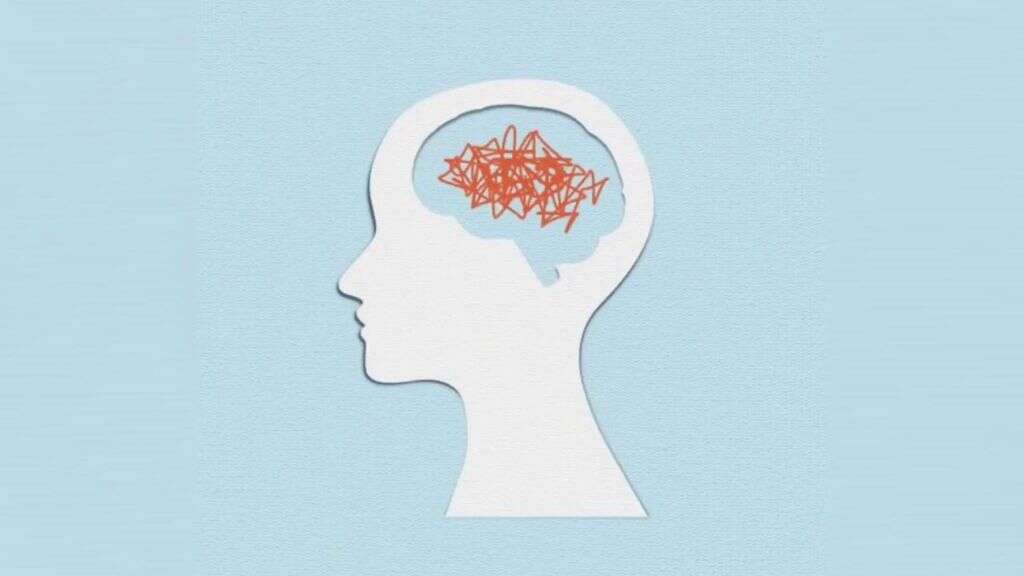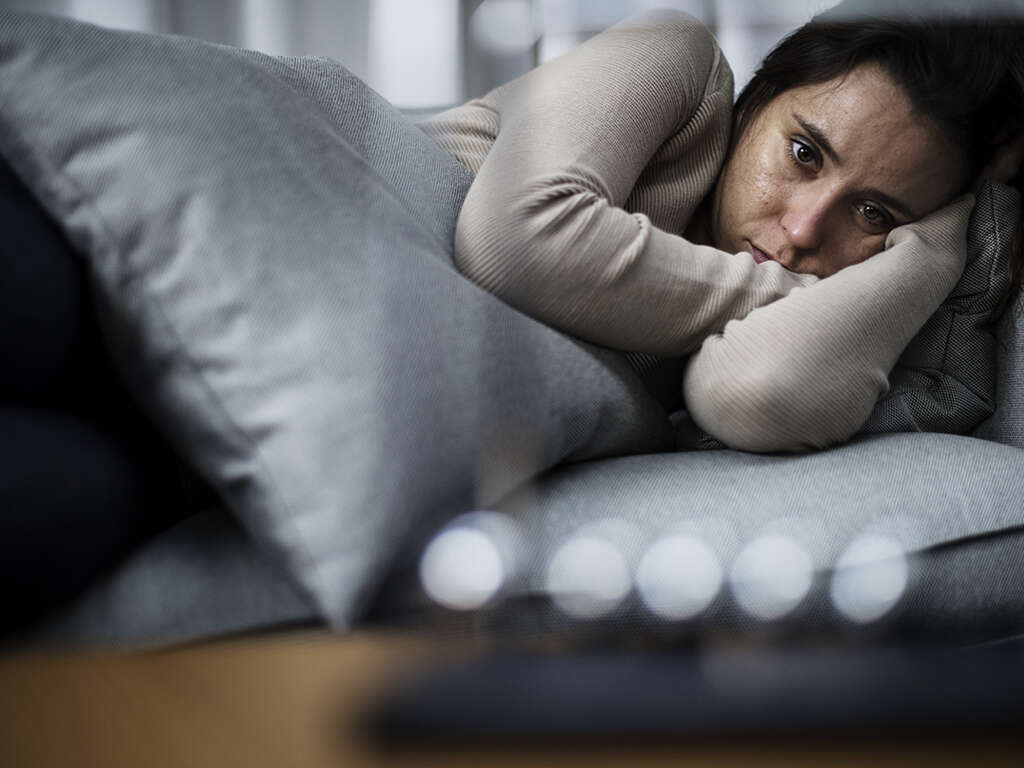What Is Anxiety?
Anxiety is a very natural phenomenon. It is even important for us. It is a result of certain hormones being released into the system, and it helps to keep us alert when we need to be. As important as it is for us, too much of it is dangerous for us. Some people suffer from anxiety disorders, which cause anxiety to have a huge impact on their lives.
Anxiety has the potential to disrupt a person’s life to the point where it is difficult for them to cope. It can also lead to potentially severe mental and physical health conditions, and it can also shorten peoples’ life spans.

1. Causes
It is not well understood what causes anxiety. However, we do know that people who have experienced traumatic events are more likely to experience it. This includes people that suffered abuse as children. It is also thought that certain traits that are inherited are also more likely to make somebody suffer from anxiety.
We also know that people who certain drugs are more likely to develop anxiety disorders. Also, some people will also inherit certain personality traits that will make them more prone to developing anxiety disorders. More research is being done into anxiety disorders to help understand them better, and maybe even find a cure.

2. Symptoms
The symptoms of anxiety will range from person to person. As you would likely expect, anxiety will cause to patient to feel – anxious. The can have a sense that something terrible is about to happen, and feel extremely nervous. They can start to hyperventilate, and their heart rate can increase.
Anxiety can also cause the patient to have trouble sleeping, partly because they can’t stop worrying about whatever is concerning them. Trembling and sweating are other potential symptoms, and the patient will also sometimes fell tired and weak. Anxiety will also often cause the patient to develop problems with the digestive system.

3. Generalized Anxiety Disorder
There are different types of anxiety disorders that people can suffer from; one of these is generalized anxiety disorder. It is a condition that can affect people in their day to day life, potentially resulting in a considerable negative impact on their quality of life.
The patient is likely to experience persistent worry over upcoming activities. What’s more is that the degree of anxiety is likely to be disproportionate to the event in question. For example, the patient might have real difficulties coping with handling an upcoming social event. Generalized anxiety disorder will often be accompanied with depression and/or other type of anxiety disorder.

4. Panic Disorder
Another type of anxiety disorder is panic disorder. This variety can cause the patient to experience what are known as panic attacks. These are events where the patient can feel extreme terror and be incapacitated by fear and anxiety. These attacks can also come on very suddenly, and can happen in any place and at any time.
The attacks can cause the patient to feel as though disaster is about to happen. They can also feel physical symptoms such as being short of breath and have a pounding heart. These attacks are unpleasant to the point where the patient can dread being in situations where they might happen again.

5. Social Anxiety Disorder
As the name suggests, social anxiety disorder is a condition that makes people anxious about being in social situations. It is also known as social phobia. The patient can be extremely self-conscious about perceived flaws, and be terrified at the thought of embarrassing themselves.
Agoraphibia is a similar condition in which the patient feels anxious when around other people. It can cause the patient to try and avoid places that they feel might cause them to panic. This can cause the patient to have difficulty being in any social or professional situations, potentially making it difficult for them to even work.

6. Selective Mutism
Most of us have found ourselves in situations where we don’t know what to say. It is more of a problem for people with selective mutism. This condition tends to involve children, and it can cause them to be too anxious to say anything in certain situations. This can have a negative impact on their progression academically and socially.
Another anxiety disorder that affects children is separation anxiety. The symptoms of this condition will show when the patient has been separated from parents or other senior figures. It can lead to extreme anxiety for the patient, and it can make it very difficult for them to perform at school and elsewhere.

7. Substance-Induced Anxiety Disorder
Some substances can be a lot of fun, but their good points tend to stop there. Misuse of certain substances can lead to considerable health and mental problems in the long term, including anxiety. In addition to recreational drugs, some medications can also lead to substance-induced anxiety disorder.
Other types of anxiety disorder include specific phobias that can trigger panic attacks and other symptoms of anxiety. There is also unspecified anxiety disorder, which means the patient’s symptoms don’t quite meet the criteria for them to be diagnosed with a disorder. Their symptoms can still have a negative impact on their lives, however.

8. Complications
Although the symptoms of anxiety can be bad enough, it can also lead to even worse complications. One of these is substance abuse, which can create a vicious cycle because substance abuse can worsen the symptoms of anxiety. Substance abuse can also result in other dangerous health issues.
Other complications of anxiety include isolation and difficulties performing at work, and socially. The condition can also lead to depression, which is potentially very dangerous in itself. Many people with anxiety will suffer from a poor quality of life overall, and some will end up taking their own lives as a result.

9. Diagnosis
You doctor will likely want to ask about your symptoms, your medical history, and about your life in general. They may also ask about any mental health conditions that you have, or run in your family. A brief physical exam may also be performed to help look for signs of any physical illnesses.
If an anxiety disorder is suspected then you will likely need to undergo a psychological evaluation. A psychologist will need to ask the patient about their life, including their past experiences and anything else that might lead to an anxiety disorder. They will also ask the patient about their symptoms, and how they affect them.

10. Treatment
There is no cure for anxiety, but the condition can be treated to help manage the patient’s symptoms. This includes medication, including those that can be used to help treat anxiety directly. Medication for depression will also sometimes be necessary, and sedatives might be necessary in the more severe cases.
In addition to medication, therapy can also help. Therapy can help the patient to understand their condition better, and help them to manage their symptoms. Therapy can be very effective in helping the patient to manage their condition to the point where they can lead a relatively normal, and even happy, life.












